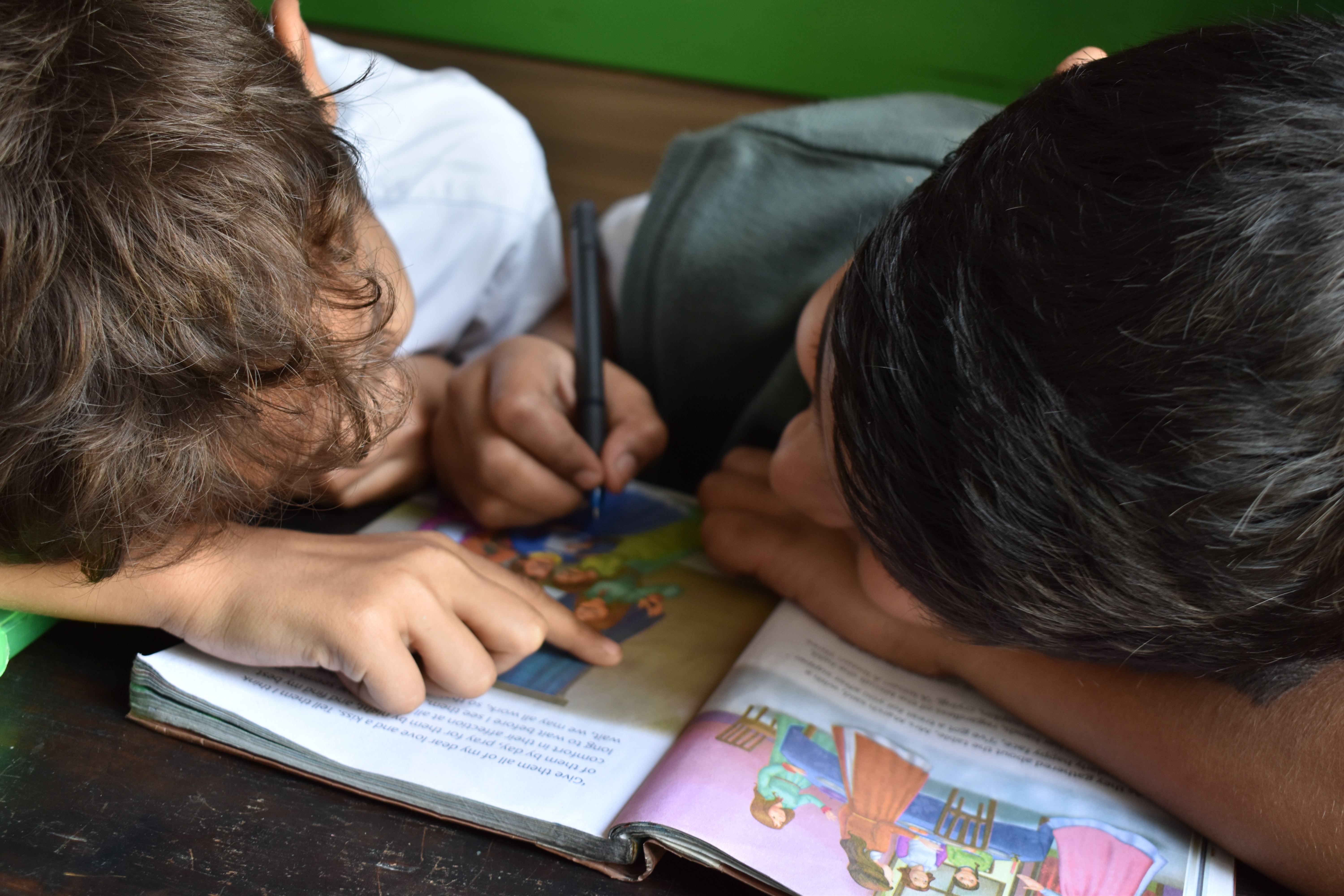Responding to industry needs: Swinburne trials innovative new model for Diploma of Early Childhood Education and Care

The pilot model will include ongoing and consistent placement experience over the duration of the course.
In summary
- Swinburne will trial a new learning model for its Diploma of Early Childhood Education and Care in Semester 2 2021
- Students will have significantly more placement hours over the duration of their course
- This trial is part of an ongoing partnership between Swinburne and the Department of Education and Training
Swinburne will be trialling a new learning model for its Diploma of Early Childhood Education and Care course in Semester 2 2021, which will involve working more closely with industry and incorporate more student placement hours.
The pilot model was developed by Swinburne and the Department of Education and Training (DET) following consultations with industry partners to understand their expectations. The goal is to ensure students have the skills and experience to enter the workforce when they graduate
‘Our conversation with industry partners pointed to an overwhelming need for graduates to be more confident and better prepared for the workforce,’ says teacher in Early Childhood Education and Care, Emma Freitas.
‘Learners need more time and greater responsibilities on placement to practice the skills required to prepare them for the job,’ says one industry partner.
Emphasising work experience
The pilot model will include significantly more placement hours over the duration of the course. Students will complete their placements in long daycare, which offer high quality educational programs for children up to the age of six.
‘Where students would usually have blocks of classroom-based delivery followed by blocks of placement experience, they will now have on-campus classes two days a week combined with two days of placement for the duration of their course,’ Ms Freitas explains.
The emphasis on placement experience is intended to strengthen opportunities for students to build effective relationships with families and children and to have a more authentic experience of the role of an early childhood educator. In addition, this model will allow students to engage with curriculum frameworks and reflect on their professional practice, leading to more confident work-ready graduates.
‘Having an ongoing and consistent placement experience will provide continuous learning and support and allow students to put their learnings into practice immediately. Students will also be able to practice their leadership skills, so they are ready to take on a qualified role in the workplace when they graduate,’ Ms Freitas adds.
Another industry partner says: ‘This model gives good consistency. There’s the opportunity to give feedback and for the students to implement it. Students also have time to build meaningful relationships with families and children.’
As part of the application process for this course, a brief interview will be introduced so students can meet the teaching team and discuss the expectations of the pilot model.
‘Doing so will help us screen applicants and have a better understanding of their motivations and skillset to determine if they are suited for this line of work,’ Ms Freitas concludes.
Partnering with DET
The trial is part an ongoing collaboration between Swinburne and the Department of Education and Training (DET). The outcomes will inform DET’s approach around placement models within early childhood courses in the future.
For more details on this pilot model, contact Emma Freitas.
-
Media Enquiries
Related articles
-

- University
Over 550 students don caps and gowns to graduate from Children’s University Swinburne
Over 550 students from 34 schools have graduated from Children’s University Swinburne, celebrating over 45,000 hours of learning beyond the classroom this year.
Wednesday 03 December 2025 -

- University
- Education
Swinburne celebrates 2025 School Teaching Excellence Awards winners
Swinburne has announced the 2025 recipients of its annual School Teaching Excellence Awards. This year, 27 educators have been awarded for their excellence in delivering innovative assessment design and teaching strategies, building industry-engaged curricula, and enhancing student engagement through unique and authentic learning experiences.
Tuesday 14 October 2025 -

- Education
- University
From the cattle station to the classroom, Lisa’s journey to becoming an educator
This article was originally published in the Koori Mail.
Thursday 25 September 2025 -

- Education
- University
Swinburne hosts its first H5P Community Conference in Melbourne
Swinburne University of Technology hosted the 2025 H5P Community Conference, bringing together educators, learning designers and technologists from across Australia
Friday 19 September 2025 -

- University
- Media and Communication
Swinburne achieves global recognition with Adobe Creative Campus Innovator status
Swinburne hosts the inaugural ANZ Adobe Academic Innovation Summit, with 12 other Adobe Creative Campuses from across Australia
Monday 01 September 2025

